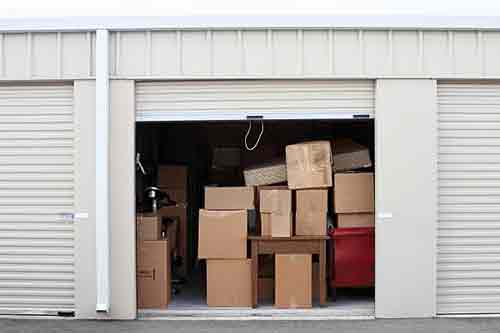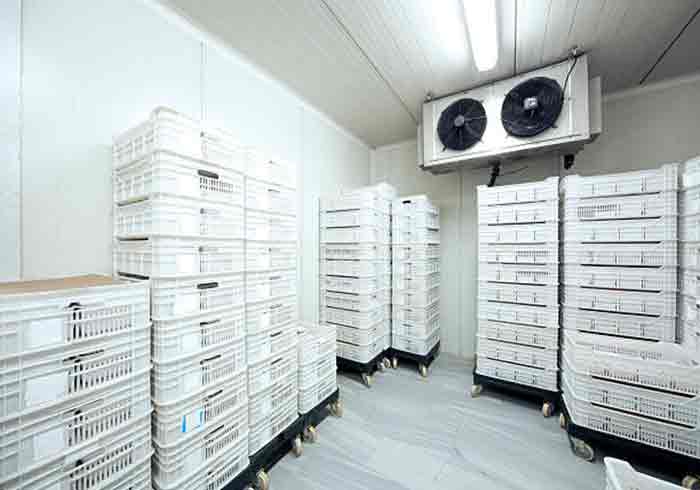A storage unit is a safe and convenient space where you can store items that you don’t need in your home right now. These units are rented on a short-term basis and come in all shapes and sizes.
If you’re renting your first storage unit, there are a few things that you need to know. Read on to learn more!
What is a storage unit?

A storage unit is an enclosed space that you can rent to store items. These units are often rented to individuals or businesses and can range from small 5×5 or 5×10 spaces up to large 10×20 or 10×30 spaces (the size of some one-car garages).
If you’re planning to use a storage unit, it’s important to figure out how much space you need before making a reservation. You can estimate the size by stacking items in your driveway or garage similar to how you’d load them into a storage unit.
Once you know what size you need, it’s easy to find a storage facility that fits your needs. Just be sure to research the storage facility you choose thoroughly and make sure it offers the kind of security you’re looking for. Some facilities employ alarm systems, CCTV and guards for added security. It’s also a good idea to get a copy of the facility’s hours, closings and access rights to keep on file.
How do storage units work?
Storage units can be a great way to store things you don’t need for an extended period of time. They can be useful for a range of reasons, including decluttering, moving home or storing seasonal items such as holiday decorations and costumes.
However, it is important to be aware of the rules and restrictions associated with using a storage unit. For example, flammable materials such as gas, oil or solvents are not allowed in a storage unit.
Also, you can’t keep pets in a storage unit. While it may seem obvious, animals can’t survive in a storage unit as they need light, water and food to live.
Once you’ve decided on a storage unit, it is important to select the right size for your needs. Take an inventory of your belongings and then consult with a professional to ensure you have enough space for everything.
What are the benefits of renting a storage unit?
There are many reasons that people rent storage units. The main one is that they can declutter their homes and store their belongings in a secure place.
Moreover, renting storage units is also affordable. It is much cheaper than hiring a moving company or buying a storage shed.
You can even get discounts on your storage unit if you sign a long-term contract. This can be beneficial for those who are going through a divorce or downsizing their home.
For example, college students often have to move their dorm room stuff away for a few months during summer break. They can rent a storage unit near their campus to keep their belongings safe and secure.
Similarly, members of the military are often deployed for long periods and need to store their home base items. They can rent a storage unit to store their equipment and other belongings during their deployment.
What are the disadvantages of renting a storage unit?
Storage units are a great solution for people who have a lot of possessions that they don’t have room for. They can provide extra space for things like musical equipment, art collections and other items that take up too much space at home.
They also help to declutter homes and save money by allowing people to downsize. Additionally, they can save businesses from renting expensive commercial properties to store inventory and products.
In addition, they can help keep things safe and secure. Some storage facilities have security cameras and computerized access systems.
The disadvantages of renting a storage unit include the fact that they are expensive and can become a financial burden over time. It’s important to recalculate your budget before making a decision about whether or not you want to rent one.
Summary:
In addition, storing things for short periods isn’t the best idea for some items because they can get damaged over time. For these reasons, it is better to opt for long-term storage instead.

